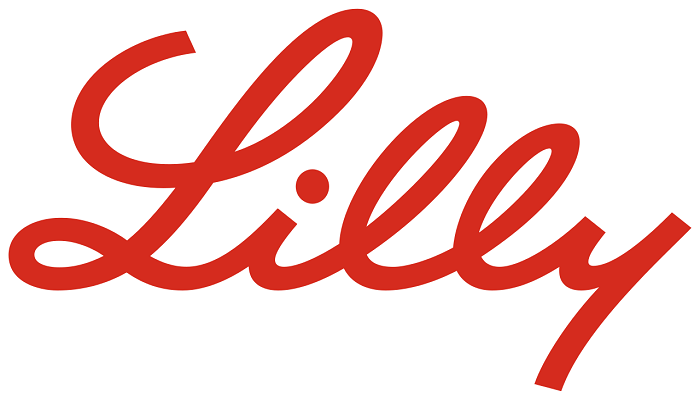The largest pharmaceutical company in the world based on market value, Eli Lilly, is getting into the nuclear isotope manufacturing industry as cancer medicine manufacturers want to ensure a supply of radioactive elements essential to the developing area of radiopharmaceutical oncology therapies.
The Indianapolis-based pharmaceutical company has made a $10 million convertible loan investment in isotope supplier Ionetix. Ionetix has a production plant that can produce actinium-225, an extremely scarce isotope that is essential to several radiopharmaceuticals. The business is also receiving $10 million in funding from other current investors.
One of the most exciting new developments in cancer therapy is radiopharmaceuticals, sometimes called radioligands. By combining an antibody cocktail with a radioactive isotope, medication scientists may more effectively reduce tumors by delivering a more deadly dosage directly to cancer cells.
Eli Lilly paid $1.4 billion to acquire Point Biopharma, a biotech company that specialized in radiopharmaceuticals for the treatment of prostate cancer, last year. This transaction was one of several where a large pharmaceutical company purchased an early-stage drugmaker that was using actinium-225 to target cancer cells.
Eli Lilly, Bristol Myers Squibb, and AstraZeneca together invested $8 billion in biotech companies whose principal products are being investigated in actinium-225 clinical studies. Pharma companies Novartis and Bayer have previously received approval for radiopharmaceuticals that use various isotopes.
However, a shortage of isotope supply has impeded the expansion of the radiopharmaceuticals industry, which Morgan Stanley analysts predict may reach revenues of up to $39 billion by 2032. Lack of actinium-225 caused RayzeBio, which Bristol Myers purchased for $4.1 billion, to put a hold on hiring for the global arm of one of its radiopharma products this year for a number of months.
According to industry estimates reviewed by the Financial Times, just two cures (a measurement of nuclear energy) of actinium-225 are created each year, which is only enough to treat around 2,000 people. This is because actinium-225 does not exist naturally.
Eli Lilly’s modest wager on Ionetix is an uncommon instance of Big Pharma making an investment further up the supply chain to guarantee actinium availability. A device known as a cyclotron is used at Ionetix’s Lansing, Michigan, production site to create actinium-225 by subjecting radium-226 to a proton beam blast.
Ionetix, which is putting in another cyclotron at the location, projects that by the end of the next year, it will be able to produce about one curie of actinium a week, or around 26,000 patient doses annually. Other providers of medical isotopes, such as US government-supported NorthStar and TerraPower, which is sponsored by Bill Gates, are also increasing their supply.
Since it develops radiopharma treatments, Eli Lilly told the Financial Times that it sees value in partnering with businesses like Ionetix, which are significant to Lilly strategically since they are involved in the actinium supply chain.
In experiments conducted earlier this year, Ionetix demonstrated that it could recycle the radium-226 precursor, which was obtained from a US government stockpile, entirely and produce actinium-225 of a grade that would be sufficient. Ionetix operates a diagnostic imaging company as well.
Eli Lilly purchased Point Biopharma, which had previously given $10 million to Ionetix as a convertible loan. As a result, Eli Lilly will have a $20 million lending facility with the firm, which it may turn into stock.
Ionetix is in the process of closing a $300 million financing round, after which Eli Lilly is anticipated to convert its loan into stock.



















